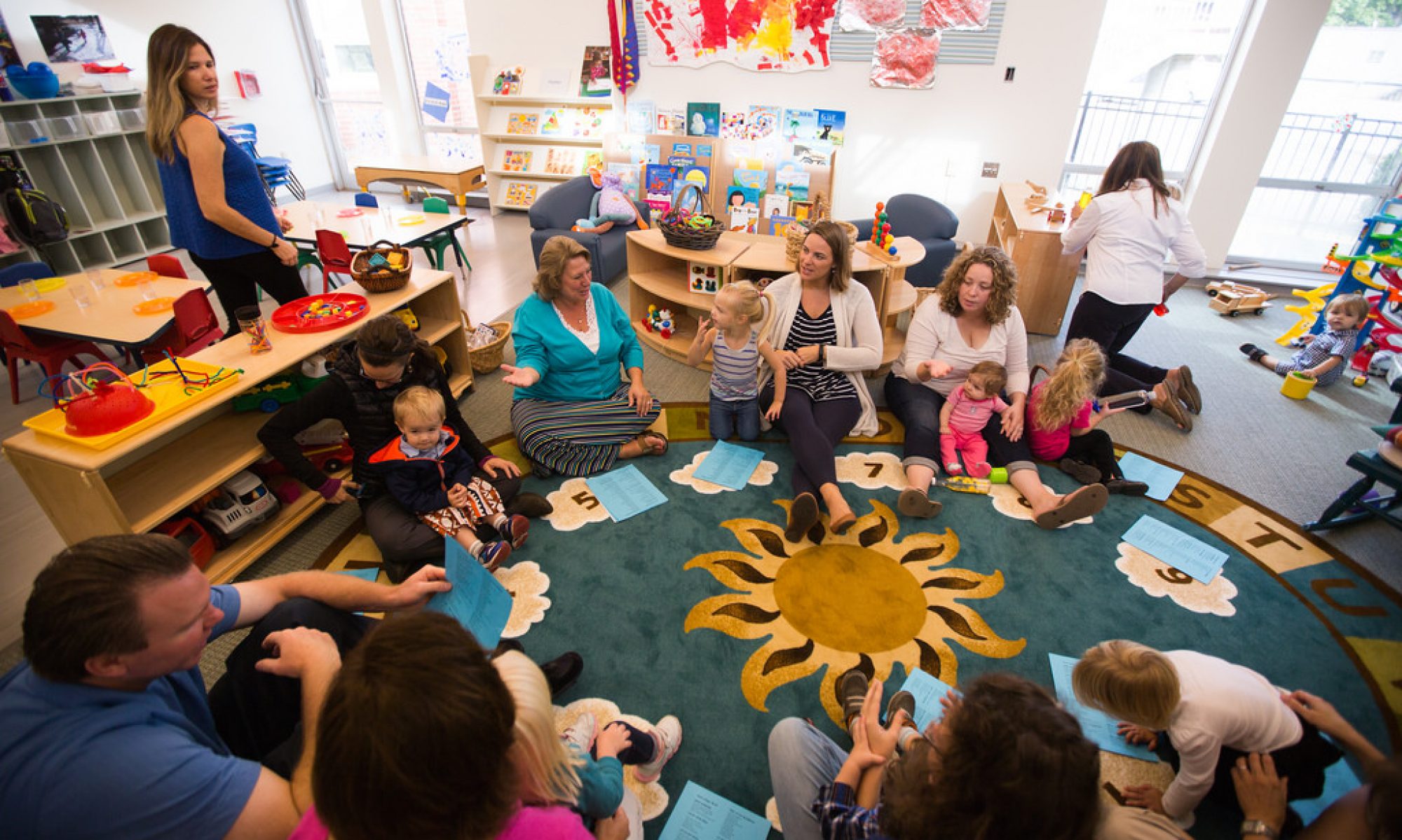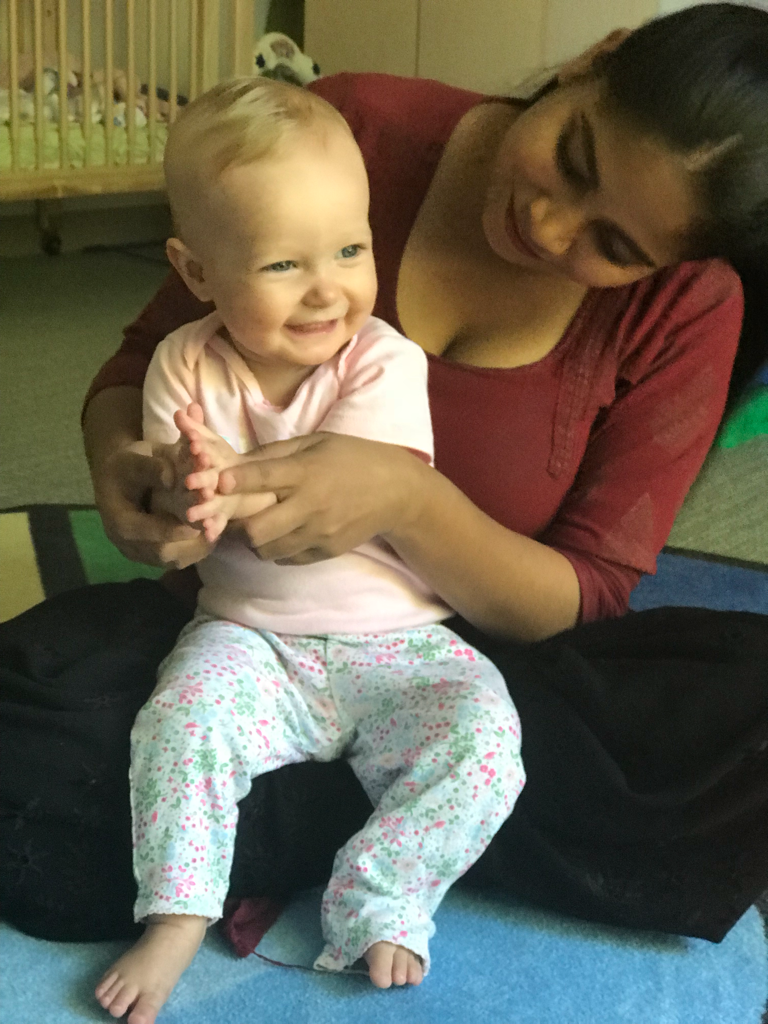by Mildred E. Cawlfield (former director of the Acorn program)
When do babies start learning about a parent’s values? Would you believe — before they are born? If not, probably soon after. There is indication that before birth, babies hear the music we hear and hear our tone of voice. They probably also sense our emotions. From the moment they appear in our experience, our children undoubtedly benefit as we strive for higher values.
In the early weeks, if babies’ cries are responded to understandingly, they feel the presence of the love indicated by that caring attention and usually will cry less in later months. If they sometimes have to wait a bit because mom is busy with another child or other important tasks, they can learn the need for patience. They learn that they can fit unselfishly into family life. If they are fed periodically—between three and four hours for a bottle-fed baby, and sometimes a little less for a nursing baby, they learn the value of order. On the other hand, if they are picked up and fed every time they make a little fuss, they may learn that mom is a pacifier, and they may get used to instant gratification. Parents can strive for a balance, based on principle and love, that gives babies a sense of the qualities their parents value.
Parents can let their infants assume the natural responsibility for getting themselves to sleep without becoming part of the process by feeding or rocking them to sleep. Then the babies are more self-confident and happy. When they awaken in the night, they can settle themselves back to sleep without crying for help.
Another area where babies can take responsibility is in determining how much they need to eat. Babies show healthy attitudes about eating when they are not urged by over-concerned parents to eat more than they need. If parents provide good food at appropriate intervals, babies have the ability to regulate the amount they need to eat.
Some babies seem anxious to get moving and may fuss at parents to sit them up, put them in walkers, stand them up, or walk them around. If the parent gives in to these babies’ demands too frequently, the babies will not spend enough time practicing the crawling skills required to get themselves into the positions they urgently seek. Babies can learn independence and self-control if the parent will talk to them and comfort them from afar, at times, rather than giving in to their constant demands.
Parents can lay the foundation for trust and honesty by always telling the baby when they are going to be away. When babies become keenly aware of the difference between the familiar caregiver and a substitute, they may cry when the parent leaves. Parents may then wish to avoid a scene by slipping away without telling the baby they’re going. This can relieve the parent of an unhappy episode at the time, but the caregiver has to comfort the baby who suddenly discovers the parent is gone. If this occurs regularly, the baby may become more clingy because he won’t know if or when the parent will leave. If the baby knows the parents will always tell when they’re going to be away, he may not like it, but will trust the parents and learn the important family rule that we always tell each other where we’re going to be. At our Acorn play-ins, parents separate from their children every two weeks for a one-hour seminar. One toddler, who was feeling especially attached to his mom for a while, would comfort himself by repeating, “Mommy’s in seminar.” Then he’d happily go back to playing.
Babies do observe everything their parents do, and from the beginning they gain the foundation for accepting the parents’ values, so it’s never too soon to give thought to the values we’re transmitting. (MEC)

